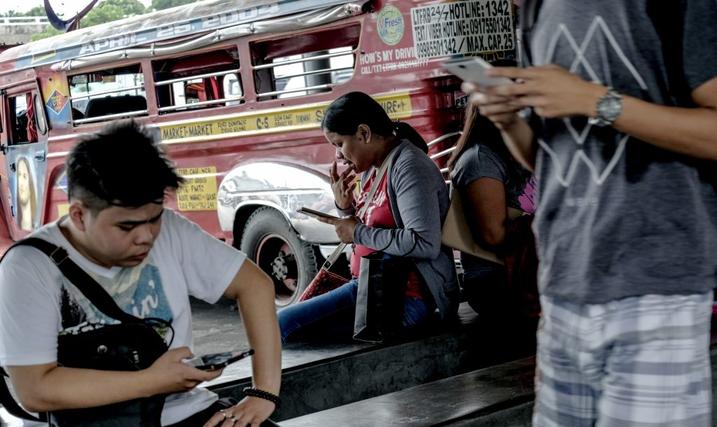
1 minute read
Budol: A CULTURE
Budol Is A Virus
The pandemic forced people to stay indoors. With nothing else to do, social media usage skyrocketed, being used now more than ever (Imagine the Philippines being the social media capital of the world, it is now the social media capital of the universe). Influencers and businesses saw social media apps, especially Tiktok, as the perfect opportunity to promote products a.k.a. budol because of its many users and clever algorithms.
Advertisement
So when you think you got budol-ed into making dalgona coffee, or to buying a new ASMR keyboard, you’re not alone. The other 42.7 million Filipino Tiktok users probably got budol-ed too

According to Icek Ajzen’s “Theory of Planned Behavior,” intentions are predictive of behavior; the stronger the intentions are, the more likely it is that a behavior will be performed. When talking about consumer behavior, buying intentions often reflect a logical consequence of beliefs and motivations. This would suggest that unplanned or ‘budol’ purchases may not be as baseless or spontaneous as it would seem. While buyers are less likely to be reflective when making unplanned purchases, there are still significant factors in play that influence or disrupt the consumer decision making process. Buying intentions are affected by 3 fundamental factors: Attitude, Subjective norms, and Perceived Behavioral Control.






